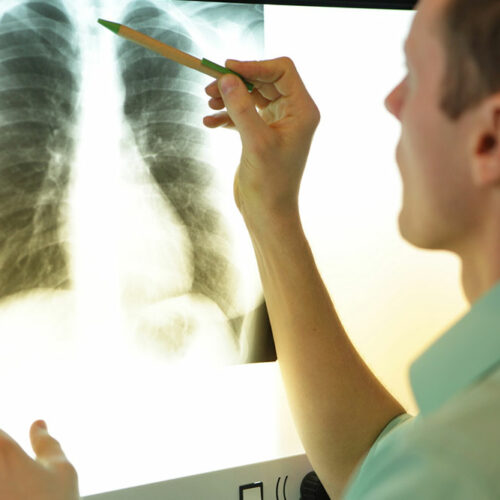MAC lung disease – 8 common signs and management options

MAC is a group of pathogens known as Mycobacterium Avium Complex or nontuberculous mycobacteria (NTM) found in the environment. They infect the lungs and lead to MAC lung disease, which is of two types: one type causes the development of nodules in the lungs and is called nodular disease, and the second type affects the cavities in the upper parts of the lung and is called upper lobe cavitary disease. Here are some of the common signs of MAC lung disease and how to manage them: Common signs of MAC lung disease The signs of MAC lung disease differ on a case-to-case basis. In most cases, the symptoms are generally nonspecific. Also, some may experience mild symptoms, or the signs may be nonexistent. As a result, there is often a delay in diagnosis and treatment. Some people have mild or unnoticeable symptoms. When the symptoms do occur, one may experience the following: Disruption in lung function When the NTM pathogens accumulate in the lungs’ cavities, they can create a hole in the lung tissue. This can cause pain in the chest. In addition, a person may experience persistent wheezing and coughing. In some cases, the coughing is accompanied by bouts of breathlessness.




